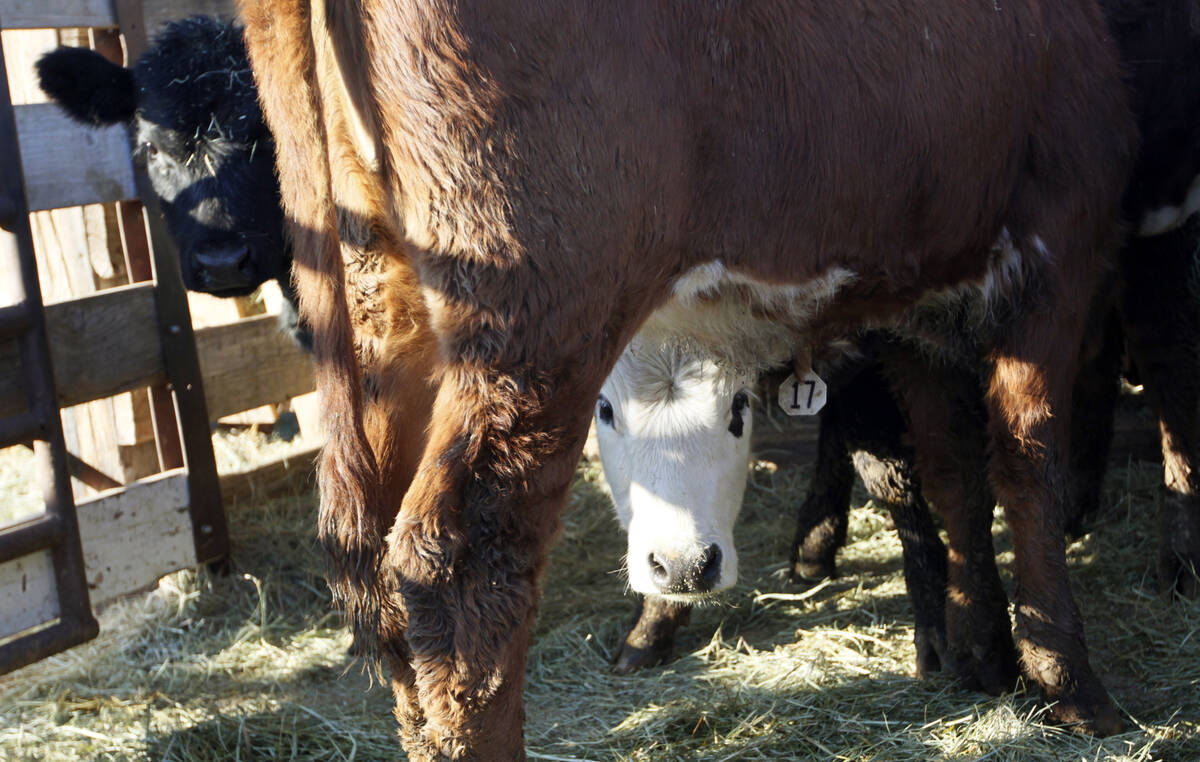It’s been nearly a year since RCMP officers found hundreds of dead and starving hogs inside a barn near Notre Dame, Man.
The discovery led to criminal charges and the largest case of animal cruelty in Manitoba’s history.
Last fall, the province charged Martin and Delores Grenier, owners of the hog barn, with six violations of the Criminal Code of Canada and 23 offences under Manitoba’s Animal Care Act.
The charges include causing unnecessary pain and suffering by failing to provide adequate food, water or shelter for livestock.
Read Also

Argentine beef plan angers ranchers
U.S. farmers are criticizing president Donald Trump’s suggestion that the country may import more beef from Argentina.
Officials say 300 to 500 pigs starved to death at the Greniers’ farm and sick animals were euthanized after a tip led RCMP officers and Manitoba government employees to the farm in June 2010.
The Greniers were scheduled to make a court appearance June 2, but the case will likely be postponed because crown prosecutors and defense attorneys need more time to sort through the evidence.
The case has faded from the headlines, but animal welfare groups in Canada are waiting to see if Manitoba’s justice system imposes a stiff sentence in this case if the accused are found guilty.
“It’s definitely a very substantial animal cruelty case in the country,” said Shelagh MacDonald, executive director of the Canadian Federation of Humane Societies.
“It was a pretty horrific case and an incredible number of animals that must have suffered, just greatly.”
Bill MacDonald, executive director of the Winnipeg Humane Society, thinks the alleged animal cruelty case is Manitoba’s largest. He said the court should make an example of the Greniers in they are convicted.
“The (provincial) Animal Care Act is in place for a purpose,” he said.
“When you say 23 offences, each offence, if they get convicted, carries a penalty of $10,000 or six months in jail, or both. Our position is we’d like to see them charged and proven guilty on all 23 counts.”
The size of this case may encourage the justice system to take it seriously, but Shelagh MacDonald remains concerned about attitudes within Canada’s legal community. She said judges and prosecutors often discount the importance of animal abuse.
“Judges and prosecutors have not really kept up to speed. That to me is where the problem lies with regard to animal cruelty cases.”
The federal government passed a law in 2008 that increases fines and penalties for animal cruelty cases.
However, Shelagh MacDonald said potentially stiffer sentences don’t change the fact that Canada’s federal laws are based on archaic legislation written in 1892.
That legislation, according to the Canadian Federation of Humane Societies website, requires proof that the accused willfully intended to neglect animals, which is much more difficult to prove than negligence.
Animal welfare proponents lobbied Ottawa through the previous decade to amend the Criminal Code of Canada to create a new section specifically for animal cruelty.
The changes would acknowledge that animals are beings with the capacity to feel pain and laws are needed to protect them.
Ontario Liberal MP Mark Holland had recently worked on Bill C-229, which would modernize Canada’s animal welfare laws, but he lost his seat in the May 2 federal election.















